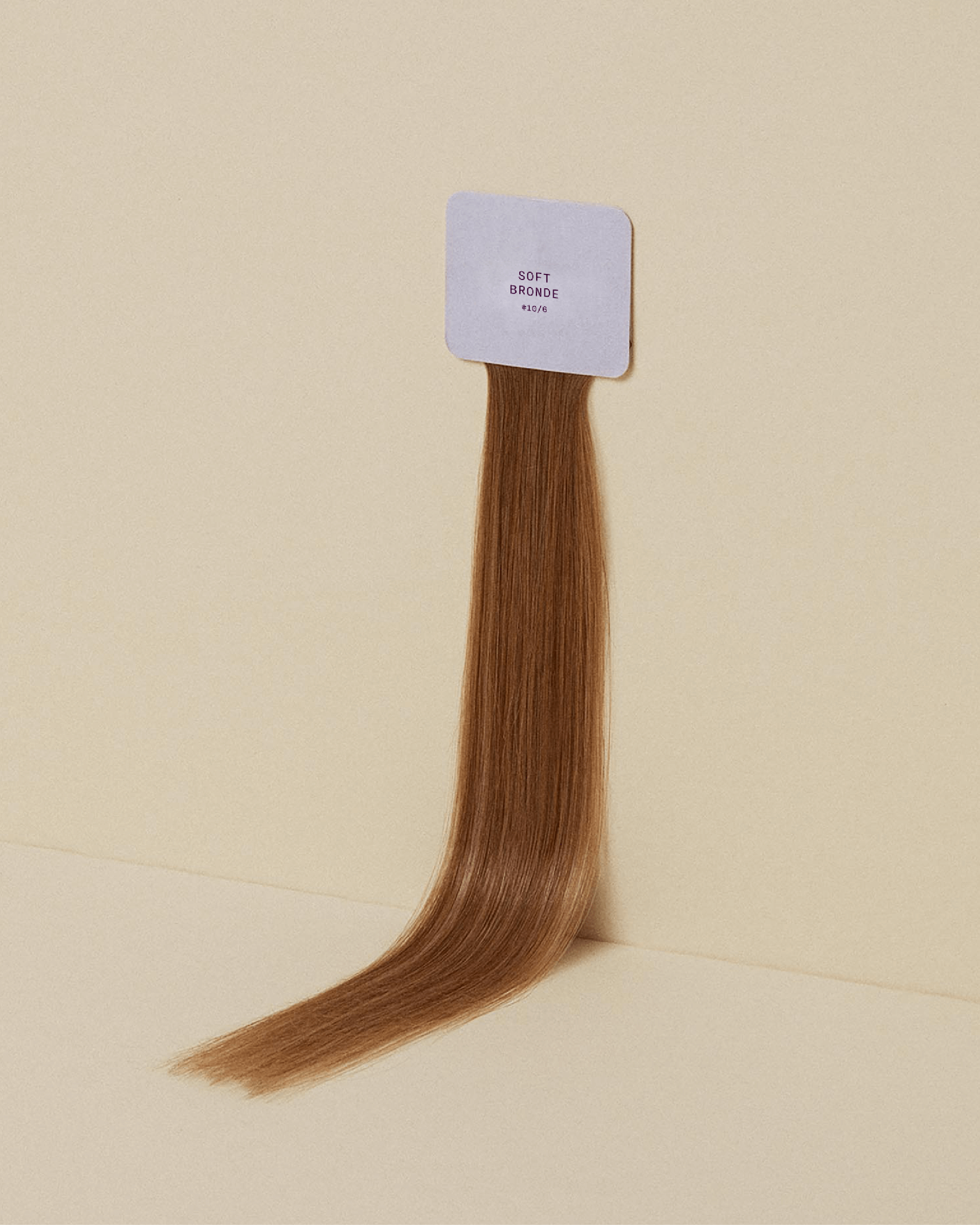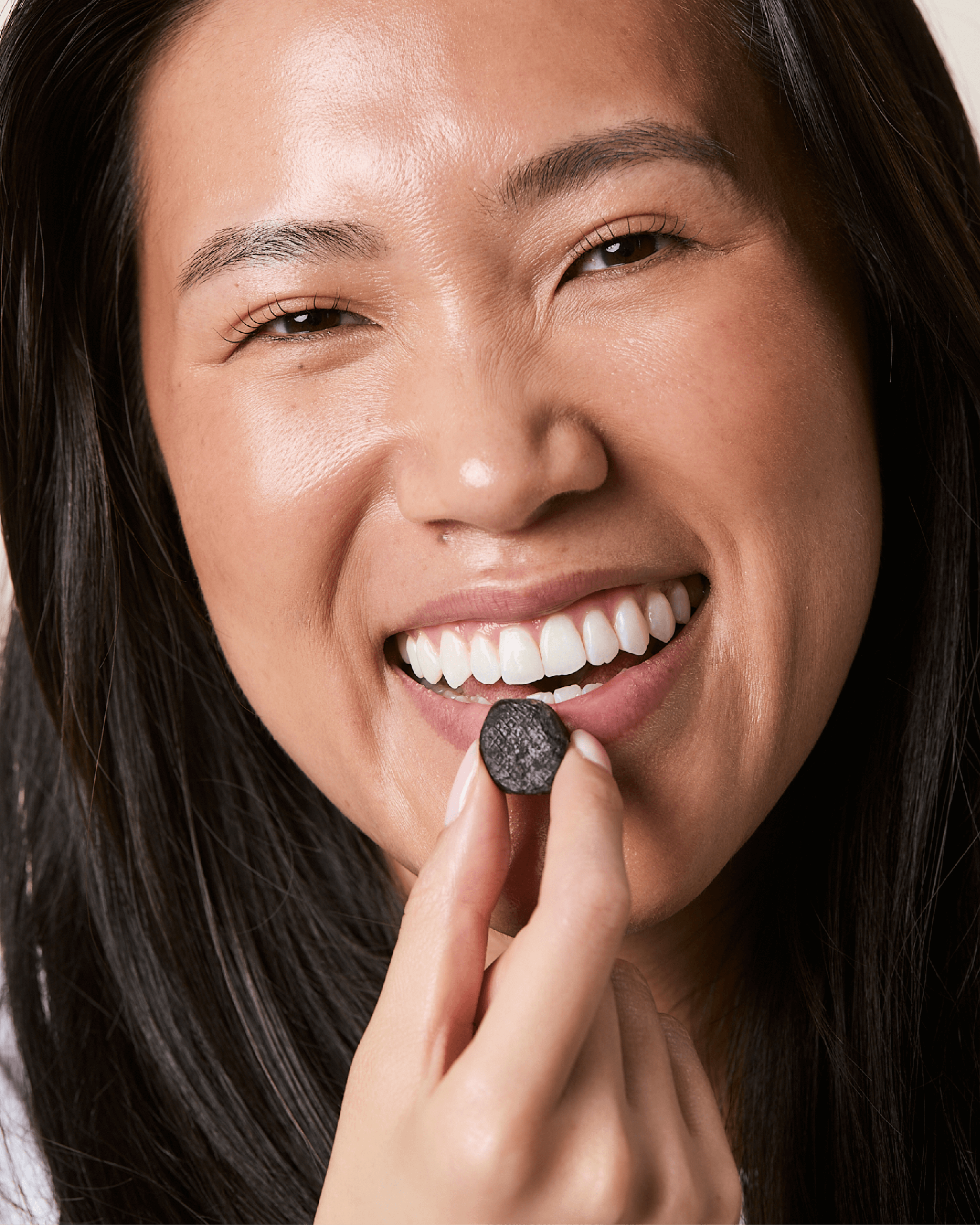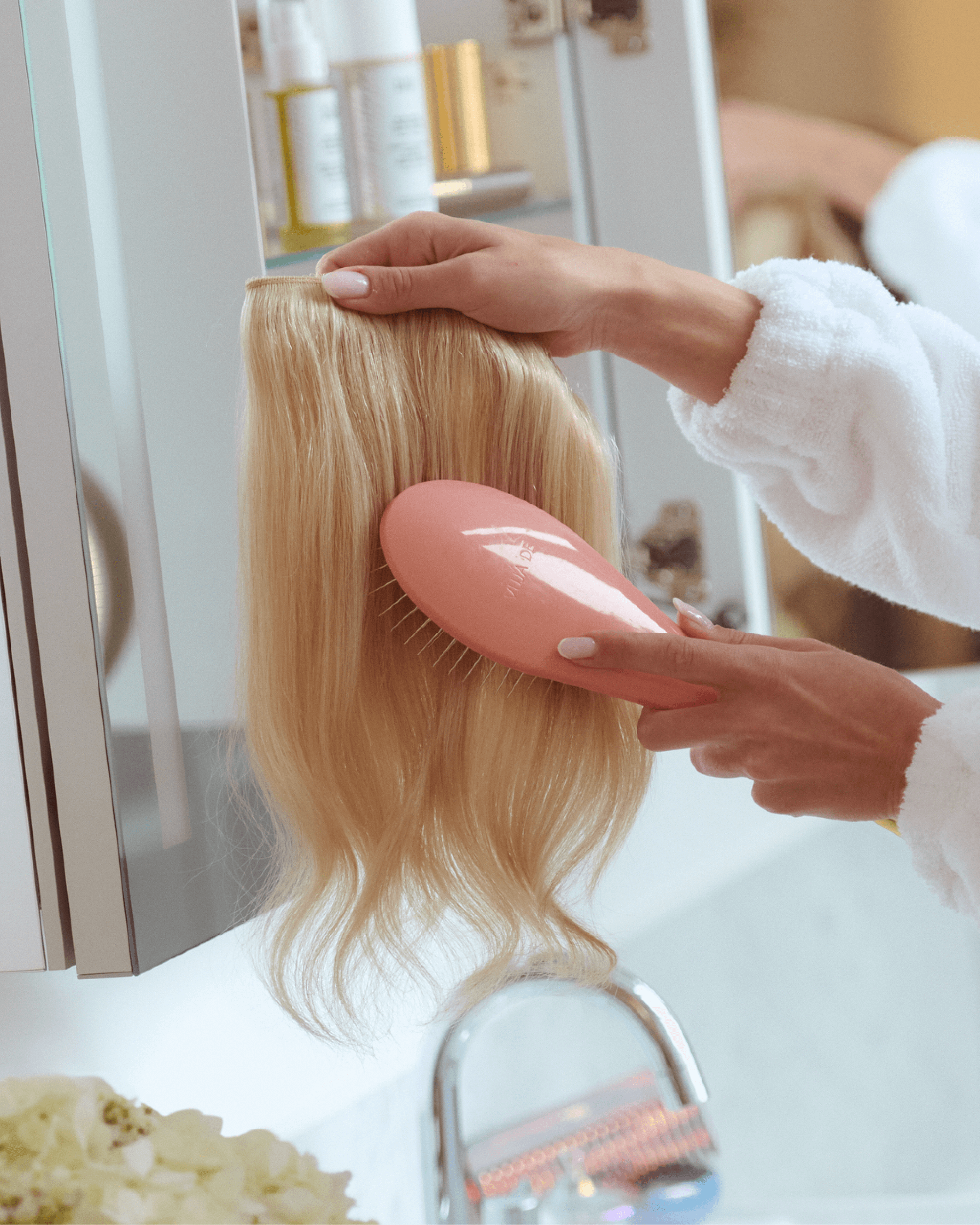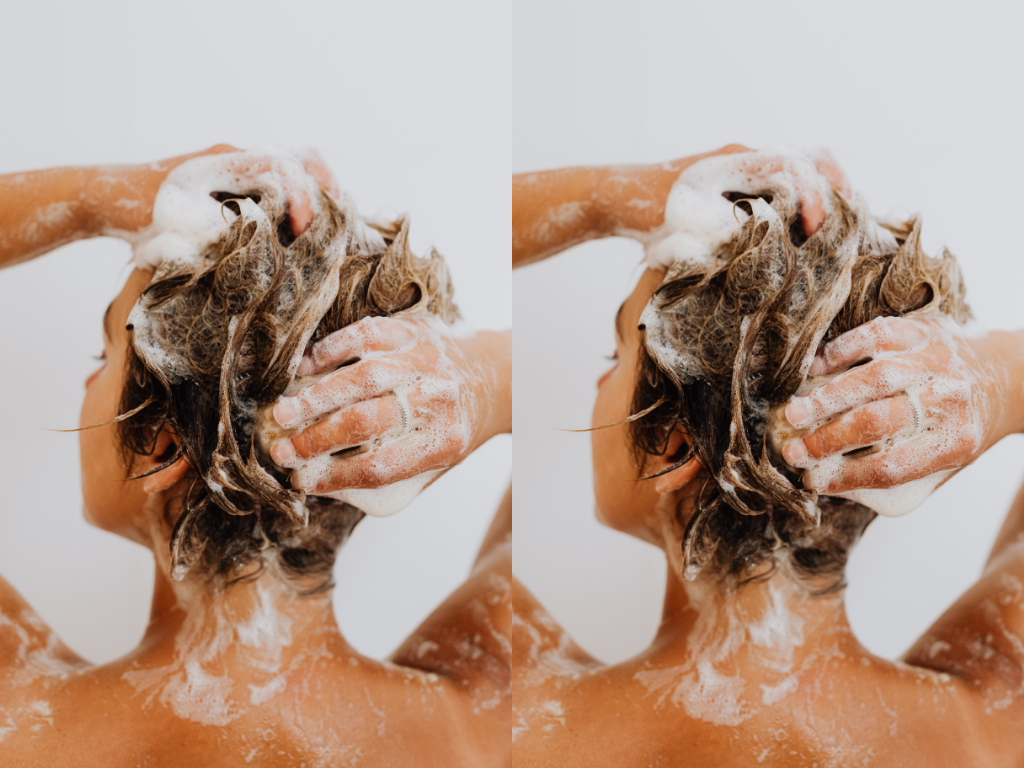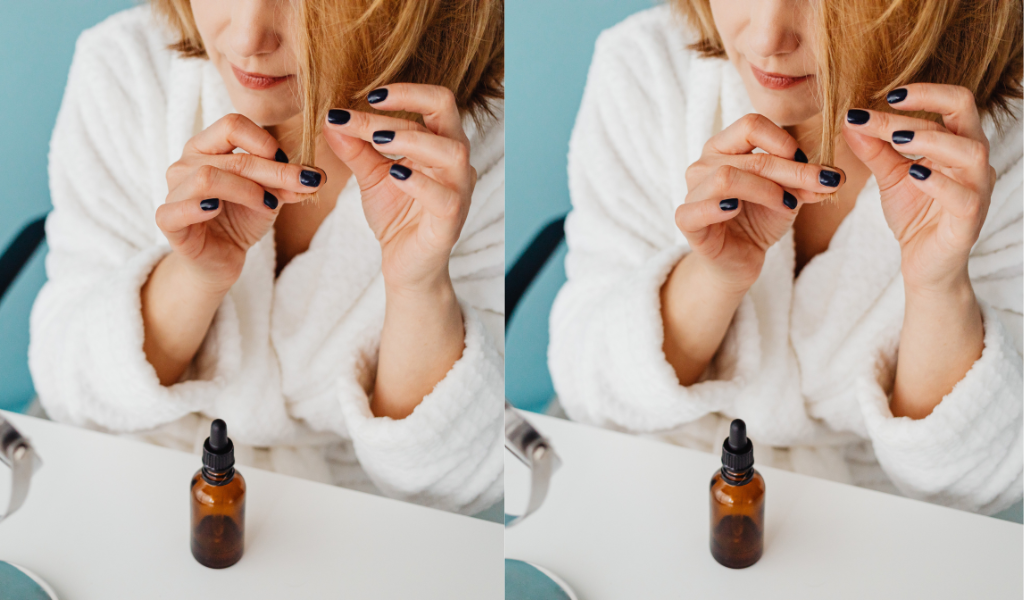Have you ever wondered how to tell if you have hard water coming out of your shower tap?
If you're anything like me, sometimes even after conditioning your hair it just feels dry and brittle.
Or perhaps you've noticed an annoying residue on your dishes and faucets that never seems to disappear, no matter how much you scrub.
If you can relate to these frustrations, you may be dealing with a common culprit: hard water.
As someone who has faced the challenges of hard water firsthand, I understand the annoyance and concern it can bring. But fear not!
In this article, I'll discuss some of the red flags that indicate you may have this problem at home, and I'll offer some suggestions, like, what to do if you have hard water.
How to Tell If You Have Hard Water
Hard water can be easily identified by the telltale indications it leaves behind. Some typical warning signs include:
Soap Scum
Oh, soap scum! It's that frustrating white, chalky residue that just doesn't seem to go away, right? Well, hard water is often the sneaky culprit behind it.
When you wash your hands or do the dishes with hard water, it tends to leave this stubborn soap scum behind. In a research published by the International Journal of Trichology, bar soaps are not suggested for hair cleansing since they leave soap scum when mixed with hard water.
Ever get that "I'm not quite clean" feeling even after a good rinse? That's because the calcium and magnesium found in hard water can react with the soap, leaving behind a film that doesn't wash off easily.
And let me tell you, getting rid of soap scum can be quite a task. It's not like a quick rinse will do the trick. Nope, it likes to stick around and build up over time, making it even harder to remove.
You might notice soap scum most commonly in your bathroom, on the shower walls, bathtub, or even on your faucets. Those white, filmy deposits that just won't budge? Yup, that's soap scum waving hello.
Limescale Buildup
Ah, limescale buildup! It's like a silent invader that sneaks up on your appliances and fixtures. Hard water is the culprit here too, with its minerals wreaking havoc. Let me explain.
So, hard water is chock-full of minerals, right?— especially calcium and magnesium. When this water flows through your faucets, showerheads, or even your beloved kettle and coffee maker, these minerals can't resist leaving their mark. Over time, they accumulate and form a crusty, white deposit called limescale.
You might have seen it before, especially if you've neglected cleaning your fixtures for a while. Those stubborn white spots and crusty layers? Yep, that's Limescale making its presence known.
Faucets and showerheads are often prime targets for limescale. You might notice the mineral buildup around the spout, handles, or even on the showerhead itself. It's not a pretty sight, and it can even affect the water flow if it gets too severe. Talk about an unwanted houseguest!
But wait, there's more! Limescale can also infiltrate your kitchen appliances, like your trusty kettle or coffee maker. It likes to set up camp on the inside, leaving behind that unsightly white residue. And guess what? It doesn't just look bad—it can also affect the performance of your appliances.
Dry Skin and Hair
How do I know if I have hard water? Well, one of the telltale signs could be experiencing dry skin and hair.
Hard water can make it difficult to thoroughly remove soap and shampoo after a shower or when washing hair. Those minerals in hard water, like calcium and magnesium, just love to stick around and cling to your skin and hair. It's like they have a special bond!
This can leave a film-like residue on your skin and hair, which can be unpleasant. It's not the best feeling, and it can make you feel less than revitalized. Plus, that residue can mess with the natural oils on your skin, making it drier than the Sahara Desert.
Have you ever wondered how to tell if you have hard water in your hair? Well, one way to figure it out is by noticing signs like dryness, dullness, and difficulty lathering shampoo.
If you frequently struggle with these hair issues despite using quality products, chances are you might be dealing with the effects of hard water on your hair. Hard water can be a real buzzkill for your hair's natural shine and smoothness. The residue it leaves behind can make your hair look dull, lifeless, and even a bit straw-like.
Stiff Laundry
How can you tell if you have hard water? It's when your clothes come out of the washing machine feeling stiff and rough. Let me explain why.
As I said before, hard water contains minerals like calcium and magnesium. When you wash your clothes with hard water, these minerals can interfere with the effectiveness of your trusty detergent.
As a result, your detergent struggles to do its job properly. It can't work its magic and remove all the dirt, grime, and oils from your clothes as effectively as it should.
Those pesky minerals in the water are causing some serious interference! The consequence? Stiff, lackluster laundry.
The suppleness of your clothes may have been removed, and they may seem stiff and hard to the touch. They may even appear dull and uninteresting to the observer.
Not exactly the fresh and vibrant outcome you were hoping for, right?
In fact, according to research by Louisiana State University professor Bruce Cameron, more than 30% more detergent may be needed for powdered detergents to work as well in hard water as they do in mild. However, this could not be practical economically or because it might be challenging to dissolve this much additional detergent.
Reduced Water Pressure
So, if you're wondering how to find out if you have hard water, one common sign to watch out for is reduced water pressure. Limescale buildup can indeed be the sneaky culprit behind this annoyance. Let me explain how it can put a damper on your water pressure.
You know those minerals I mentioned earlier, like calcium and magnesium, found in hard water? Well, over time, they can wreak havoc on your plumbing system.
As hard water flows through your pipes, it leaves behind deposits of limescale. It's like the minerals are throwing a party and inviting all their friends to join in! As this limescale buildup accumulates, it can act like a stubborn traffic jam in your pipes.
The flow of water gets disrupted, and voilà, reduced water pressure becomes your unwelcome guest. This lower water pressure may be noticeable when you turn on your faucet or shower.
Instead of a nice, strong stream, you're met with a weak trickle that just doesn't hit the mark.
Spots on Glassware and Dishes
How can I tell if I have hard water? Spots on glasses and dishes just after washing are a common indicator of a problem. Let me explain why it's causing this frustrating phenomenon.
When you wash your glassware and dishes with hard water, it's like a sneaky mineral party on your surfaces. You see, hard water contains minerals like calcium and magnesium that have a knack for sticking around, even after your dishes have been washed and dried.
As the water evaporates, these minerals are left behind, forming those pesky spots and streaks on your glassware and dishes. It's like they're having their own little mineral parade, but you'd rather have sparkling, spot-free dishes instead!
You might have noticed these spots, particularly on your glassware. Those once-clear glasses now have a cloudy, spotted appearance that just doesn't do justice to your fancy beverages.
And don't get me started on the frustration of seeing streaks on your beautiful dinnerware. It's like they're still there, taunting you, you know?
These are all telltale symptoms that you may have hard water in your home. There are, however, a handful of techniques to verify this.
READ: Hair Washing Hacks For Healthier Hair
How To Test If You Have Hard Water
From leaving spots on dishes and glassware to causing a mineral buildup in pipes and appliances, hard water can be a nuisance. We'll explore some simple ways how to know if you have hard or soft water, allowing you to understand your water quality better.
DIY Water Hardness Test Kits
How to know if you have hard water? Consider utilizing a DIY water hardness test kit for a more accurate measurement. These kits are readily available at hardware stores or online, and they typically include test strips or droppers to determine the level of hardness in your water.
Follow the instructions provided with the kit to obtain accurate results. Test kits usually indicate the hardness level in grains per gallon (GPG) or parts per million (PPM).
By comparing your results with the standard hardness levels, you can determine if your water is classified as hard.
Professional Water Testing
How do you know if you have hard water? For a comprehensive analysis of your water's hardness, you may want to consider professional water testing. Local water treatment companies or laboratories offer services to test the quality of your water, including its hardness.
They utilize specialized equipment and expertise to provide accurate results. If you're installing a water softener or need comprehensive mineral content information, professional water testing can be helpful.
ALSO READ: 10 Benefits Of A Leave-In Conditioner
What To Do If You Have Hard Water
- Consider water softeners: A water softener can transform your home. These devices work to remove or reduce the minerals that cause hardness in the water. You can choose from various types, including salt-based, salt-free, or magnetic water softeners. Find the best option for your budget and demands.
- Use descaling products: To combat limescale buildup in your appliances, faucets, and showerheads, invest in descaling products. These break down mineral deposits to make removal easier. Follow the instructions on the product and enjoy a limescale-free environment.
- Try vinegar for natural cleaning: Vinegar, that versatile household superhero, can be your ally against hard water issues. Use it for cleaning your fixtures, and appliances, and even as a rinse aid in your dishwasher. Its acidic properties help dissolve mineral deposits and leave surfaces shiny and clean.
- Use appropriate cleaning techniques: When cleaning surfaces affected by hard water, choose non-abrasive materials like soft cloths or sponges. Avoid harsh scrubbing, as it can cause damage. Let the cleaning products or vinegar soak for a bit to allow them to work their magic effectively.
- Opt for moisture-rich products: What to do if you have hard water for your hair and skin? Use hydrating soaps, shampoos, and conditioners to treat dry skin and hair. Look for products specifically formulated for hard water conditions to counteract the drying effects.
POPULAR: The Best Hair Extensions For Fine Hair
Don't let hard water get you down! Keep an eye out for those telltale signs and take action to keep them from cramping your style. Whether it's installing a water softener or using descaling products, these solutions will help you overcome the challenges posed by hard water and ensure a more enjoyable and comfortable living environment.
